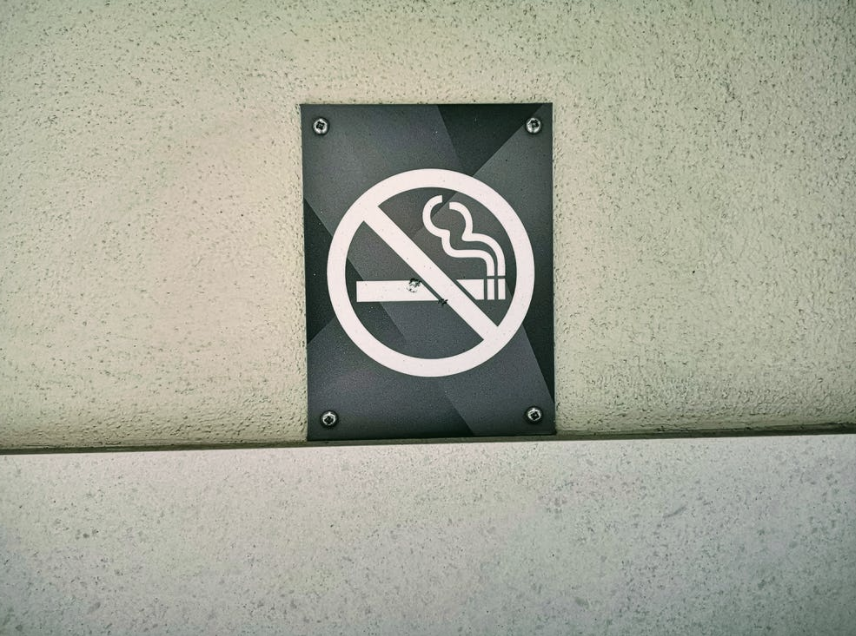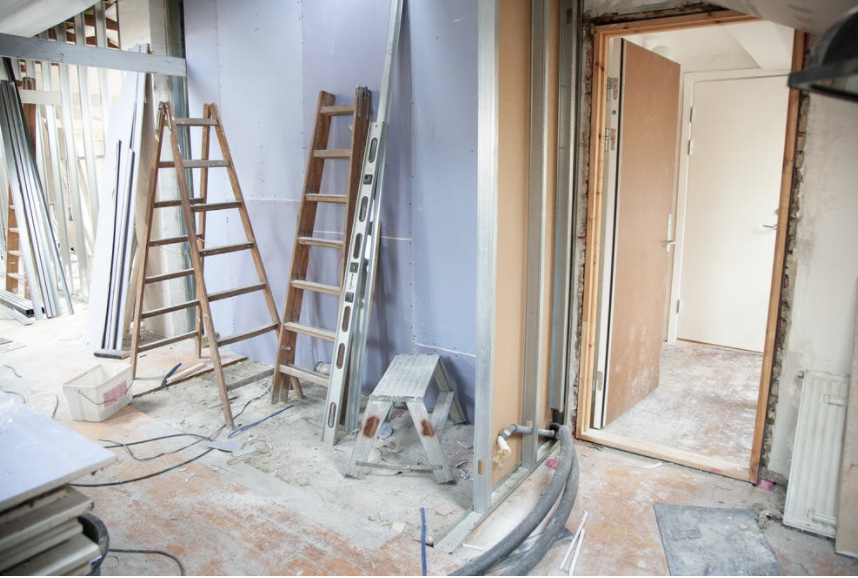Every neighbourhood in any city has housing cooperatives and condominiums. Residents of co-ops come from all walks of life. Moreover, housing cooperatives’ distinct appeal is their diversified and lively communities.
Furthermore, renting a proper home in a condominium or co-op building is important for leading a peaceful life. It’s critical to understand your rights as a renter living in cooperative housing and condo building rental units in Toronto.
People looking to rent a home or a unit in a Toronto co op or condo complex should be aware of the following:
- A few questions to ask about rental housing in Toronto.
- Your rights and duties as a renter.
- The landlord’s responsibilities and rights.
- Inclusions in the rental lease and how much the rent will go up.

They also give tenants legal redress if the landlord allows the property to become uninhabitable. Furthermore, knowing your rights as a renter will help you avoid being taken advantage of by landlords.
Above all, it allows you and your family as a renter to enjoy your home without worry.
Landlord and Tenant legislation exists in every province and territory, and the rules and regulations differ by province. Because these rules can be perplexing, it’s a good idea to learn about the laws governing your rights as a renter in Toronto.
Rent Increase
Your landlord may raise your rent when you renew your lease to cover growing maintenance costs. When the lease is up for renewal, the landlord has the option to raise the rent.
It must, however, adhere to Toronto’s rental increase guidelines. As a renter, you have the right to get written notice from your landlord 90 days before the increase takes effect.
Generally, rents do not change over the course of a lease. However, a landlord might apply to the co op Board for rent increases during the lease period. The landlord needs to do this in case of a sufficient increase in the taxes, utilities, and running costs.
Pets
Homes in Toronto’s housing co-op and condos have their own set of rules on keeping your pooches and cats. Please double-check with your condominium corporation and its tenant board about their pet-keeping policies [1].
However, landlords cannot evict a renter just because they have a pet. Although, they can refuse to rent to them in the first place.
A landlord cannot legally evict a renter for having a pet in violation of the rental agreement’s “no pets” clause. Landlords cannot make the tenants leave to have pets once they have accepted the tenant. This stands true despite any contract stipulations or verbal agreements.
Entering a Rental Unit in Housing Co-ops
Only limited situations allow a landlord to access a rented unit. However, a landlord must provide the renter 24 hours written notice before accessing the rental unit, with limited exceptions.
The landlord can usually only enter between the hours of 8:00 a.m. and 8:00 p.m. Additionally, entering a rented unit is illegal under the following situations:
- For a motive that is in prohibition by the statutory provision
- Without providing the proper notice to the renter
- At a time prohibited by the statute
The landlord can only enter a rented occupied unit in the following circumstances:
- If there is a problem in the housing co ops unit that has to be fixed,
- To conduct a routine maintenance inspection, and
- If the renter is given the notice to vacate and the landlord is showing the apartment to new renters.
Only in an emergency, such as a natural calamity, or if the tenant agrees, can a landlord enter a unit without written notice.
Landlord Sells the Unit in the Co-op Housing Community
Even if the landlord decides to sell the property, the landlord cannot evict the renter. This is true even if the tenant has a valid written lease. The new owner will simply need to take over the lease at the same current rent. Additionally, on the same terms as the present tenant.
If the renter is a “month-to-month” tenant, the landlord can give them 60 days’ notice. The landlord should give the notice in the beginning, on the 1st of the month. This is to allow the new owner to move in – as long as the new owner would be living in the unit.
Second-Hand Smoke
There are legal rights for renters who are experiencing second-hand smoke in their rented condo or co op apartment. Renters have the right to fair enjoyment of their house within the norms and regulations. This includes the right to be free of other renters’ disturbances [2].
Certainly, renters can use legal statutes to avail their rights. Renters can prove that the second-hand smoke entering their rental apartment is causing harm to their health and well-being. As a result, the renter’s family is deprived of calm enjoyment.
If there are issues with a rented apartment that allows smoke to enter, the landlord should make the necessary repairs. For example, these infrastructure issues may be damaged walls, ceilings, floors, or malfunctioning ventilation systems.
No-smoking policies are fair, according to Canadian case law. Above all, renters with health problems exposed to second-hand smoking have begun to claim that their housing providers and corporations have discriminated against them.
Eviction Rights
A landlord can only evict a renter in specified circumstances. Moreover, they must give the co op housing renter a written notice using the prescribed formats. The landlord must mention the reason for eviction in the form.
Even if the landlord issues a written eviction notice, the renter need not vacate the property. The landlord must first apply for an eviction order from the authorized tenant board and receive it. Furthermore, the renter has the right to appear at a hearing and defend themselves against eviction.
Protection Against Wrongful Evictions
New laws on protecting the tenants ensure the protection of their rights as well. Many housing and renting regulations in Toronto’s residential tenancies impose hefty penalties for many offences against the co-op tenants.
Eviction for Personal Reasons
A landlord must offer another rental unit to the renter or must give the equivalent amount of one month’s rent, in case they:
- Wish to utilize the home for their own.
- Would like to use the apartment for their family
- Are selling the property, and the buyer will be living in the apartment building.
Eviction for Renovation Purposes
If your landlord evicts you from your unit to renovate, restore, or demolish it, they must compensate you. They must provide you with the right of first refusal to return to the unit after completing the renovations.
Before you depart, you must notify your landlord in writing that you want them to offer you the unit once the renovations are done.
If your landlord fails to grant you with a right of first refusal, you will now have two years, rather than one, to make a claim for compensation with the Landlord and Tenant Board.
Eviction Due to Poor Faith
When evicting a renter for reasons that are not the renter’s fault, landlords must act in good faith. This means the landlord must intend to use the rental unit for the specified purpose on the eviction notice. When seeking no-fault evictions, the board may compel the landlords to reveal their previous usage of no-fault evictions.
If the board concludes that a landlord has given a renter a notice of termination in bad faith, the landlord may be ordered to pay the former tenant the following amount:
- The difference between the previous tenant’s last rent and their current rate in their new unit for a period of up to one year;
- Up to 12 months’ amount of the previous tenant’s rent, and;
- Appropriate out-of-pocket moving, storage, and other expenditures spent or to be incurred by the former renter.
Miscellaneous Renters’ Rights
1. Lease Agreement
When a rental lease agreement expires, tenants do not have to renew it. Instead, they automatically become month-to-month tenants. Even if the renters living in co op housing don’t sign a new lease, the terms of their old one remain in effect.
2. Deposits
A landlord will collect the rent deposit and may ask for a key deposit from the renter. Nonetheless, It can’t be higher than the cost to replace the key. It is forbidden for the landlord to charge the renter a damage deposit or other additional fees.
3. Indoor Temperature
The tenants have the right to enjoy comfortable indoor temperatures all around the year. The landlords have to provide suitable air conditioning temperatures.
Essential Amenities
Renters living in co ops and condominium apartment buildings have an absolute right to vital residential facilities. These include access to hot and cold water, heat, electricity, and fuel. Even if the tenant has not paid rent, the landlord cannot turn off these services.
However, in order to conduct repairs, vital services may be temporarily shut down for the shortest time possible. Landlords, on the other hand, must notify the tenants of any service interruptions.
Furthermore, the landlord and tenants of cooperative housing federation might negotiate in the lease that the renter will pay for these utilities either as a monthly flat charge or based on usage.
Bottom-Line
Having complete knowledge of your rights as a renter in co-op rental property and housing corporation in Toronto will help during unforeseen situations. A written copy of your tenancy agreement, written notice of your landlord’s legal name and address, and rent receipts are also your rights as a renter.
The above-mentioned renter’s rights refer to specific legislation that gives tenants adequate protection. When you are a renter, being knowledgeable allows you to understand your rights and stand up for yourself when necessary.
Did you enjoy this article? See Precondo’s homepage for more information on properties for sale, rent and pre-construction properties.









